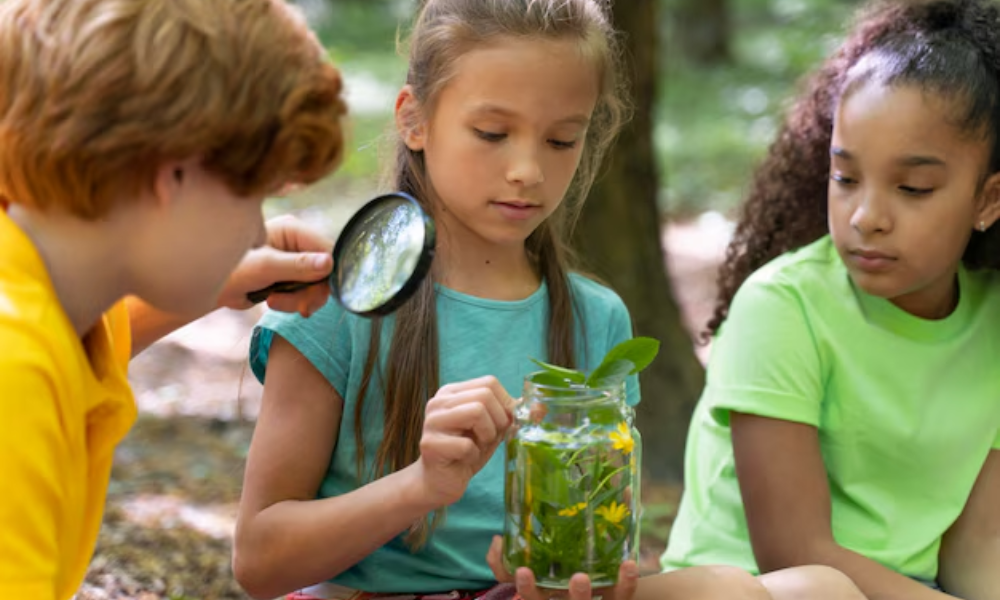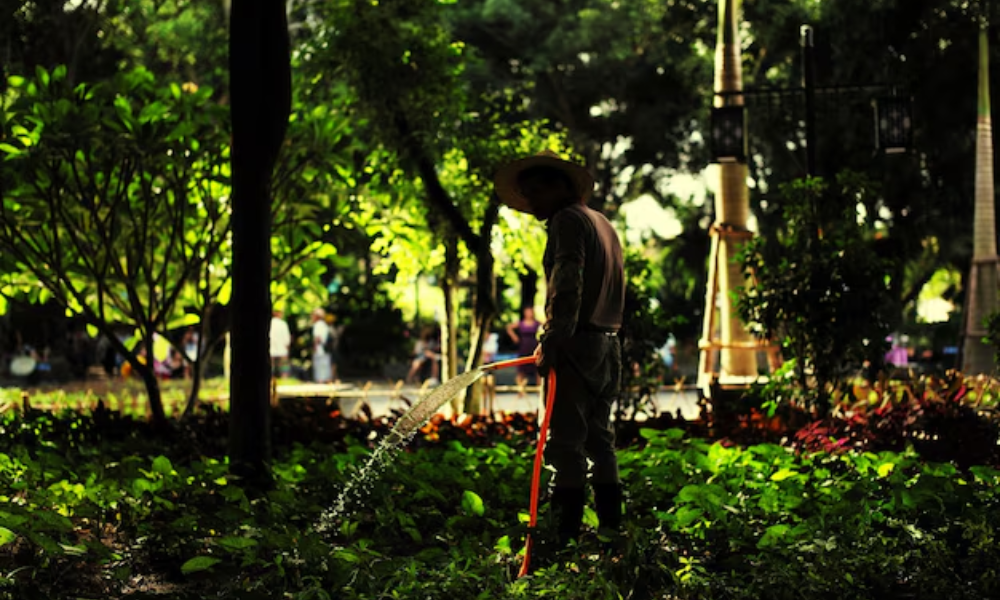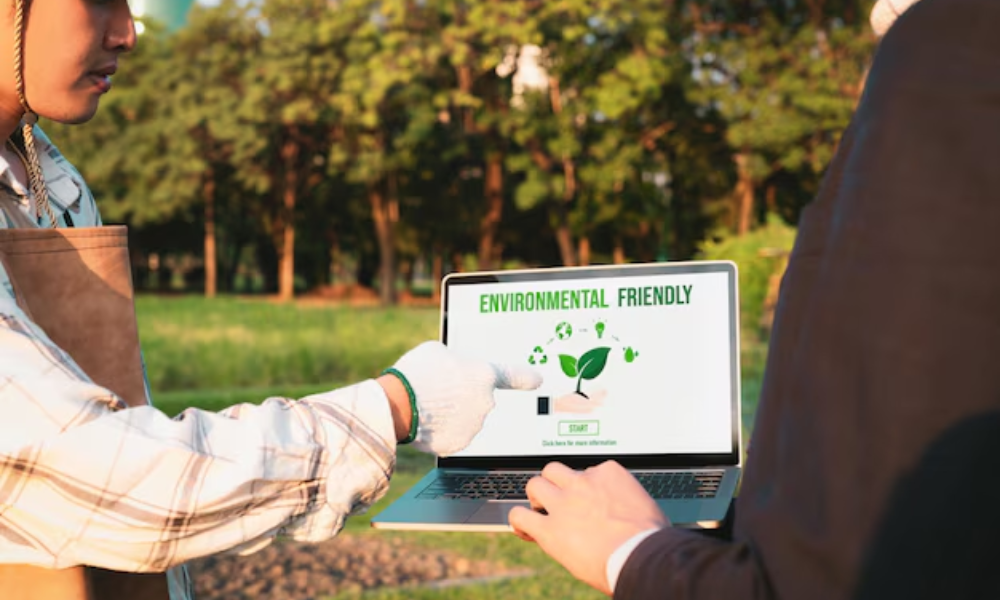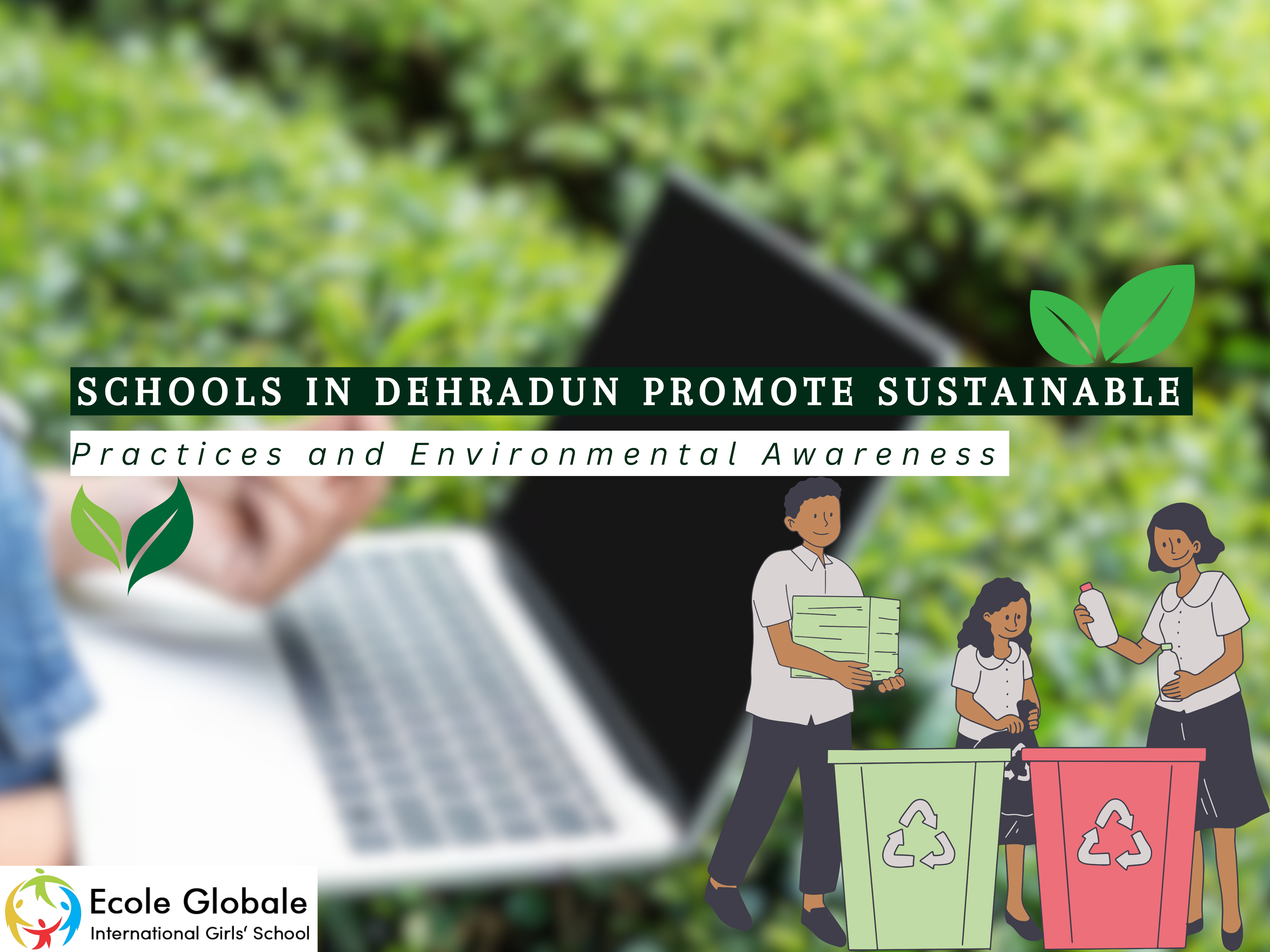Promoting sustainability and environmental consciousness among students is becoming a significant focus for schools in Dehradun. Given the rising concerns around climate change, educational institutions in this region are actively integrating eco-friendly practices into their curricula and daily operations. This article explores how these schools are leading the way in cultivating a culture of sustainability and environmental awareness.
Sustainable Practices Integrated into School Curriculums

Dehradun’s schools are increasingly incorporating environmental education as part of their regular curriculum. This approach not only teaches students the theoretical aspects of environmental science but also emphasizes practical application. Topics such as climate change, pollution control, and resource conservation are embedded within subjects to ensure students grasp their significance early on.
Hands-on Environmental Projects
Schools encourage activities like tree planting, composting, and wildlife conservation projects. These initiatives are designed to help students develop a hands-on understanding of sustainability, promoting a deeper connection with nature.
- Tree Plantation Drives: Schools often organize tree plantation events, encouraging students to plant and nurture trees on campus.
- Composting Projects: Many institutions have set up composting units where students learn to convert organic waste into useful compost, promoting waste management practices.
- Wildlife Conservation Initiatives: Some schools collaborate with local wildlife organizations to educate students on the importance of protecting biodiversity, often involving them in local conservation efforts.
Green Clubs and Initiatives
Many schools have established green clubs where students are tasked with leading environmental projects. These clubs focus on activities like waste management, energy conservation, and awareness campaigns.
- Waste Segregation Workshops: Schools conduct workshops on waste segregation, teaching students the importance of separating recyclables, compostables, and non-recyclables.
- Energy Audits by Students: Green clubs often conduct energy audits on campus, identifying ways to reduce electricity consumption and encouraging energy-saving habits.
Eco-Friendly Infrastructure and Resource Management

To minimize their ecological footprint, schools in Dehradun are investing in sustainable infrastructure. This includes the installation of solar panels, rainwater harvesting systems, and energy-efficient appliances.
Renewable Energy Sources
Several institutions in Dehradun have adopted solar energy to power their campuses, significantly reducing their dependency on non-renewable resources. Schools have installed solar panels on rooftops, which not only power their electrical systems but also serve as educational tools to teach students about renewable energy.
- Solar-Powered Classrooms: These classrooms are equipped with solar-powered lighting and fans, showcasing the practical application of renewable energy.
- Green Building Certifications: Some schools aim for green certifications by adhering to sustainable building practices, such as using eco-friendly construction materials.
Water Conservation Efforts
Dehradun schools are focusing on rainwater harvesting and efficient water management systems to reduce waste. These initiatives not only help conserve water but also serve as practical learning opportunities for students.
- Rainwater Harvesting Systems: Schools have set up rainwater harvesting units to collect and store rainwater, which is then used for gardening and other non-potable purposes.
- Water Recycling Initiatives: Greywater recycling systems are installed in some institutions to treat and reuse water for irrigation, reducing the overall water footprint.
Comprehensive Waste Management Systems
To tackle waste issues, schools have adopted comprehensive waste management systems that include waste segregation, composting organic waste, and recycling. These measures are often student-led, providing practical experience in sustainability practices.
- Zero-Waste Campaigns: Schools promote zero-waste practices by encouraging the use of reusable containers, cloth bags, and eco-friendly stationery.
- Recycling Drives: Green clubs organize recycling drives, where students collect used paper, plastic, and e-waste for proper recycling.
Promoting Biodiversity through Green Landscaping

Schools in Dehradun are also prioritizing biodiversity by integrating green spaces into their campuses. This involves planting native flora that not only beautifies the environment but also supports local wildlife.
School Gardens and Biodiversity Parks
By creating gardens and biodiversity parks, schools provide students with opportunities to engage in organic farming and learn about native plant species.
- Organic Vegetable Gardens: Many schools have introduced organic vegetable gardens, allowing students to grow produce that is then used in the school cafeteria, promoting farm-to-table practices.
- Herbal Gardens: Schools cultivate herbal gardens featuring medicinal plants, educating students on their health benefits and traditional uses.
Butterfly Gardens and Bird Sanctuaries
Some schools have gone a step further by creating butterfly gardens and small bird sanctuaries. These spaces serve as living laboratories for students to study ecosystems and understand the importance of preserving biodiversity.
- Pollinator Gardens: These gardens attract bees and butterflies, helping students learn about pollination and its role in food production.
- Birdwatching Clubs: Schools encourage birdwatching activities, teaching students about local avian species and their conservation.
Student-Centric Sustainability Programs

Empowering students is central to promoting long-term sustainability. Schools are integrating student-centric programs that align with global environmental goals.
Environmental Awareness Campaigns
Regular workshops, seminars, and guest lectures on topics such as climate change, renewable energy, and sustainable development are conducted to keep students informed and engaged.
- Eco-Awareness Weeks: Schools organize eco-awareness weeks featuring competitions, quizzes, and poster-making activities on environmental themes.
- Model United Nations on Climate Action: Some schools host MUN conferences focusing on global climate policies and sustainability, encouraging students to develop problem-solving skills.
Collaborations with Environmental Organizations
Schools collaborate with local NGOs and environmental groups to provide students with exposure to real-world sustainability challenges. These partnerships often involve:
- Field Trips to Eco-Parks: Organized visits to eco-parks and nature reserves for hands-on learning experiences.
- Beach Clean-Up Drives: Schools near water bodies involve students in beach clean-ups and awareness drives, highlighting the issue of marine pollution.
Leveraging Technology for Sustainability Education

In addition to traditional teaching methods, schools are leveraging technology to enhance environmental education. Digital tools like interactive apps and virtual reality experiences help bring sustainability concepts to life.
Online Environmental Platforms
Schools are adopting online platforms that focus on environmental education, making learning interactive and engaging for students. These platforms often include modules on the impact of human activities on the environment, conservation strategies, and sustainable living practices.
- Eco-Friendly Educational Apps: Apps focusing on sustainability challenges, such as carbon footprint calculators and recycling games, are used in classrooms to teach students about eco-friendly habits.
- Virtual Reality for Environmental Exploration: Virtual reality experiences enable students to explore ecosystems like rainforests and coral reefs, providing immersive learning experiences.
Conclusion
Schools in Dehradun are setting a strong example by incorporating sustainable practices and environmental awareness into their educational frameworks. From eco-friendly infrastructure to student-led initiatives, these institutions are not only reducing their ecological footprint but also preparing the next generation to be environmentally conscious citizens. By focusing on hands-on projects, green infrastructure, and technology-driven education, Dehradun’s schools are making significant strides in promoting sustainability.









